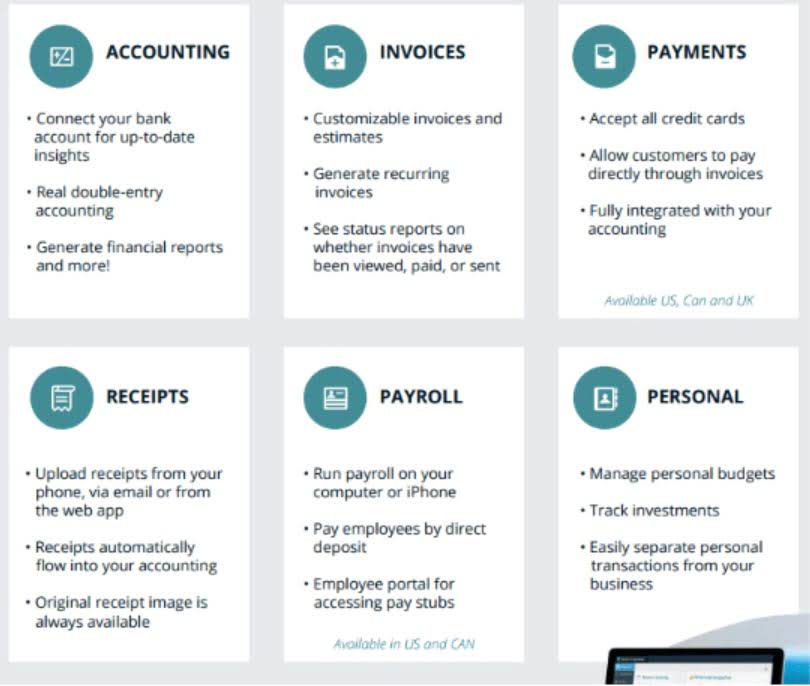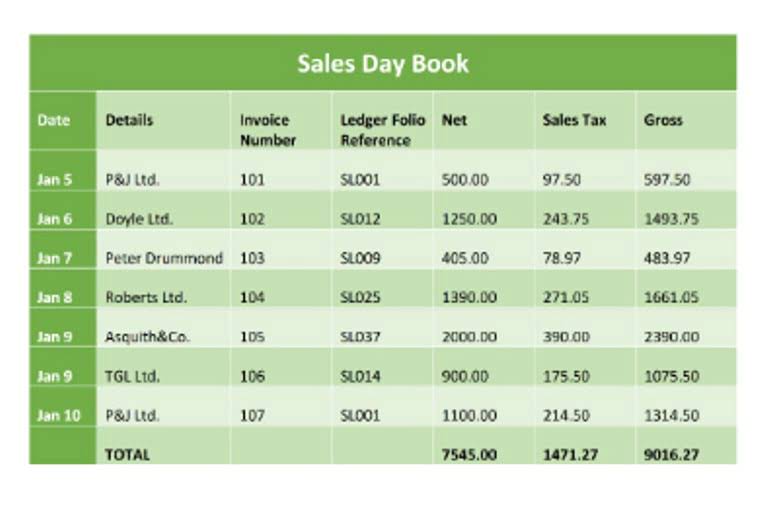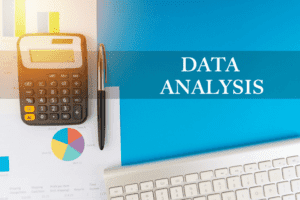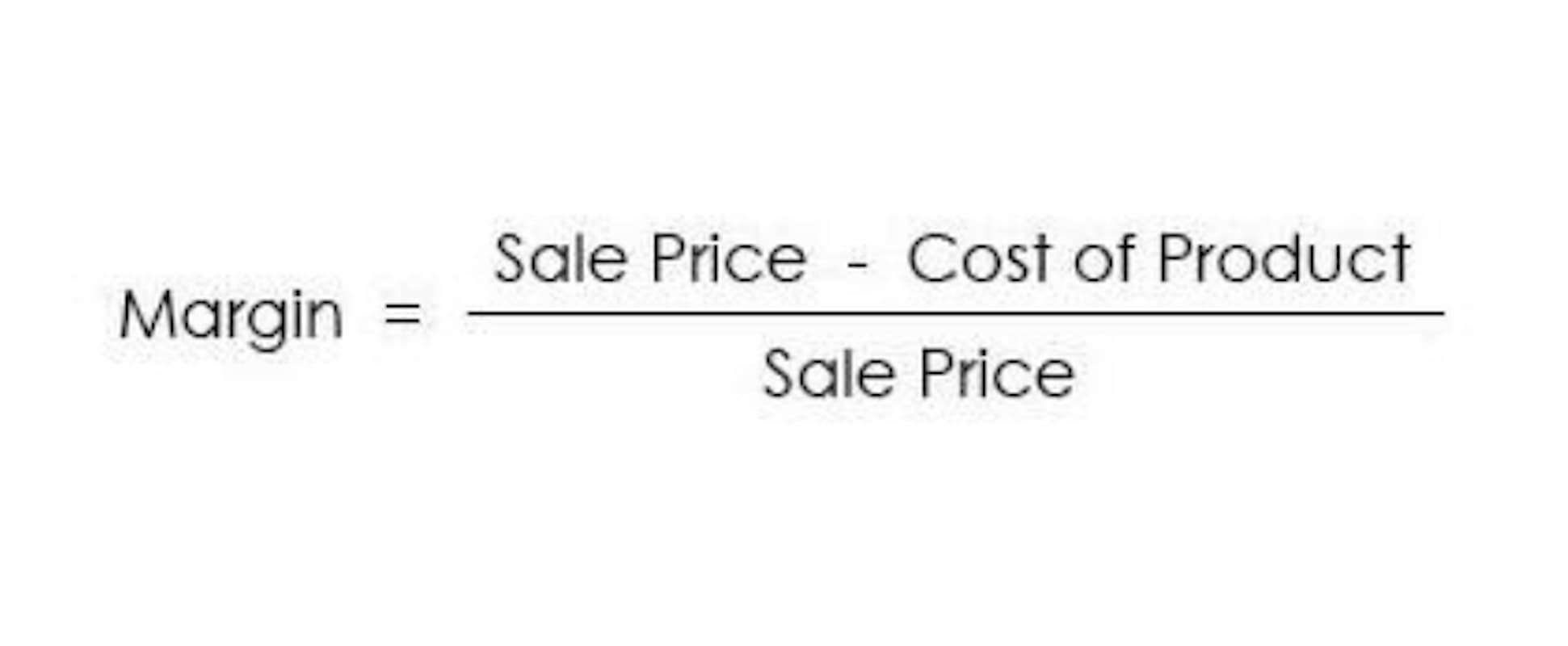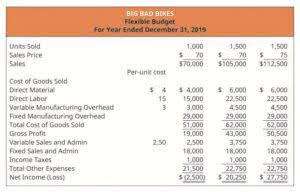Лото Клуб в Казахстане — это ведущий оператор лотерейных игр в стране, предлагающий широкий выбор популярных лотерей для игроков. Компания была основана в 2007 году и за 15 лет работы завоевала доверие сотен тысяч казахстанцев.
- Обзор Loto Club KZ
- Разновидности Игр в Лото Клубе
- Bingo Club 37
- Keno Club
- Ценовая политика и стоимость билетов в лотереях Лото Клуба
- Участие в Лотерее Через Лото Клуб Онлайн
- Лото Клуб Вход в кабинет и Регистрация
- Инструкции по участию в тиражах лотерей
- Акции и Бонусы
- Промо-акции Loto Club
- Программа лояльности и бонусы для постоянных игроков
- Приложение и Социальные Сети
- Мобильное приложение
- Социальные сети
- В Лото Клуб Как Выиграть?
- Стратегии игры на повышение шансов
- Анализ частоты выпадения номеров и статистики
- Выводы
- Самые Популярные Вопросы
- Как мне убедиться, что я не пропущу лотерейный розыгрыш?
- Облагаются ли лотерейные выигрыши налогом в Казахстане?
- Как происходит получение выигрышей?
- Каков минимальный возраст для игры в Лото Клуб в Казахстане?
- Могу ли я играть в игры Лото Клуба онлайн?
- Как часто проводятся лотерейные розыгрыши?
- Какие типы лотерейных игр доступны?
- Являются ли игры Лото Клуба справедливыми?
- Как мне купить лотерейные билеты через Лото Клуб в Казахстане?
- ⭐️ Что такое Лото Клуб?
Обзор Loto Club KZ
Основные принципы работы Лото Клуба — честность, прозрачность и надежность. Все тиражи лотерей проходят в прямом эфире под контролем комиссии и с использованием сертифицированного лототрона для случайной генерации выигрышных номеров. ЛотоКлуб гарантирует выплату всех выигрышей своим участникам в полном объеме.
Онлайн Лото Клуб предлагает две основные разновидности лотерейных игр.
Bingo Club 37
Bingo Club 37 — это классическое лото или бинго из 37 номеров. Игроку выдается карточка с 15 случайными номерами, и во время тиража ведущий вытягивает номера из лототрона. Цель — быстрее всех закрыть на карточке заданную выигрышную комбинацию.
Bingo Club 37 проводится ежедневно, на выбор доступно 3 варианта участия:
- Бинго 37 на 1 линию — цена билета 450 тенге
- Бинго 37 на 2 линии — цена 700 тенге
- Бинго 35+2 — цена 500 тенге
Keno Club
Keno Club — популярная числовая лотерея. Игрок выбирает от 1 до 10 номеров из 70 возможных. Во время тиража случайным образом выбирается 20 чисел. Чем больше совпадений с номерами на квитанции игрока, тем выше выигрыш.
Keno Club проводит тиражи каждые 3 минуты. Ставки начинаются от 50 тенге. Игрок может сделать ставку на ближайший тираж или на несколько тиражей вперед.
Ценовая политика и стоимость билетов в лотереях Лото Клуба
Клуб придерживается гибкой ценовой политики, позволяющей сделать участие в лотереях доступным для игроков с разным уровнем дохода. Минимальные ставки составляют всего 50-100 тенге.
Размер выигрышей напрямую зависит от суммы сделанной ставки — чем выше ставка, тем выше потенциальный выигрыш. Джекпот в играх на сайте loto club kz может достигать десятков миллионов тенге!
Чтобы принять участие в лотереях, необходимо зарегистрироваться на сайте или в мобильном приложении и пополнить игровой счет.
Лото Клуб Вход в кабинет и Регистрация
Регистрация занимает всего пару минут. Для этого нужно:
- Зайти на сайт lotoclub.kz или приложение Лото Клуб скачать на свой смартфон
- Нажать кнопку «Регистрация»
- Ввести имя, фамилию, номер телефона и придумать пароль
- Подтвердить регистрацию по СМС с кодом
После регистрации можно войти в личный кабинет, используя номер телефона и пароль. Также предусмотрен быстрый вход через SMS-код.
Инструкции по участию в тиражах лотерей
Чтобы сделать ставку в лотереях:
- Пополнить игровой счет в личном кабинете или через партнеров
- Выбрать интересующую лотерею и перейти в раздел с описанием
- Ознакомиться с правилами и сделать ставку на ближайший тираж
- Дождаться розыгрыша и узнать результат — выигрыш придет на игровой счет
Ставки можно делать на сайте loto club kz онлайн, в мобильном приложении или у партнеров компании во всех крупных городах страны.
Компания регулярно проводит промо-акции и выдает бонусы своим игрокам. Это отличная возможность получить дополнительные преимущества!
- Повышенные коэффициенты на выигрыш в определенные дни или часы
- Бесплатные билеты за участие в конкурсах в соцсетях
- Подарки и призы за регистрацию новых игроков
- Специальные условия в честь дней рождения и праздников
Актуальные акции всегда можно посмотреть на сайте или в разделе «Промо» мобильного приложения.
Программа лояльности и бонусы для постоянных игроков
В Лото Клубе действует программа лояльности, позволяющая накапливать бонусные баллы:
- 5% от суммы пополнения игрового счета
- До 20% от проигранных средств
- Бонусы за длительную игру, регистрацию друзей и другую активность
Накопленные баллы можно обменять на бесплатные билеты в лотереи или другие подарки.
Лото Клуб активно использует цифровые каналы коммуникации с игроками.
Мобильное приложение
Приложение доступно для скачивания на Android и iOS. Основные возможности:
- Быстрая регистрация и вход в личный кабинет
- Удобный интерфейс для участия в лотереях
- Пополнение счета и вывод выигрышей
- Доступ к акциям, бонусам, истории игр и профилю
Социальные сети
ЛотоКлуб ведет активные сообщества в таких соцсетях как Instagram, Facebook, ВКонтакте, TikTok. Там можно найти:
- Анонсы предстоящих розыгрышей и акций
- Прямые трансляции тиражей
- Конкурсы с призами и подарками
- Обсуждение лотерей и общение с другими игроками
Подписка на соцсети Лото Клуба — это еще один способ не пропустить все самое интересное!
В Лото Клуб Как Выиграть?
Многих игроков интересует вопрос — как повысить свои шансы на выигрыш в лотереях? Рассмотрим несколько полезных советов и стратегий.
Стратегии игры на повышение шансов
- Играйте системно, используя разные комбинации номеров
- Делайте максимально допустимое количество ставок за тираж
- В Bingo выбирайте карточки с большим количеством чисел
- В Keno используйте номера, которые часто выпадают
Анализ частоты выпадения номеров и статистики
Лото Клуб публикует статистику результатов тиражей за последние периоды. Это позволяет определить:
- Номера, которые выпадают чаще других
- Наиболее редкие числа
- Средний размер выигрышей
Учитывая эти данные при выборе номеров, можно несколько увеличить свои шансы. Но в любом случае исход лотереи остается случайным.
Выводы
Лото Клуб зарекомендовал себя как надежный и популярный оператор лотерейных игр в Казахстане. За 15 лет компания подарила игрокам тысячи ценных призов и незабываемых эмоций.
Клуб Лото кз предлагает увлекательные лотереи Bingo Club 37 и Keno Club с выгодными условиями участия. Интересные акции, бонусы и крупные джекпоты делают эти игры еще более привлекательными.
Регистрация занимает пару минут, а удобные цифровые сервисы позволяют играть в любом месте. Служба поддержки и меры безопасности гарантируют комфорт игроков. Лото онлайн открывает каждому шанс испытать удачу и стать победителем мгновенно!
Самые Популярные Вопросы
Вы можете подписаться на уведомления о розыгрышах на веб-сайте Лото Клуб Кз или через их мобильное приложение, если оно доступно.
Малые выигрыши часто можно получить в любой авторизованной торговой точке, в то время как более крупные выигрыши могут потребовать обращения в офис компании.
В зависимости от действующих правил некоторые игры ЛотоКлуба могут быть доступны для игры в Интернете. Пожалуйста, проверьте их официальный веб-сайт для получения последней информации.
Частота розыгрышей зависит от игры, некоторые проводятся ежедневно, еженедельно или по другому регулярному графику.
Да, все лотерейные игры компании регулируются и проверяются для обеспечения честности и прозрачности.
Лото Клуб — это организация, предлагающая различные лотерейные игры, включая популярные розыгрыши и мгновенные лотереи.
